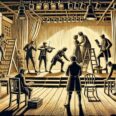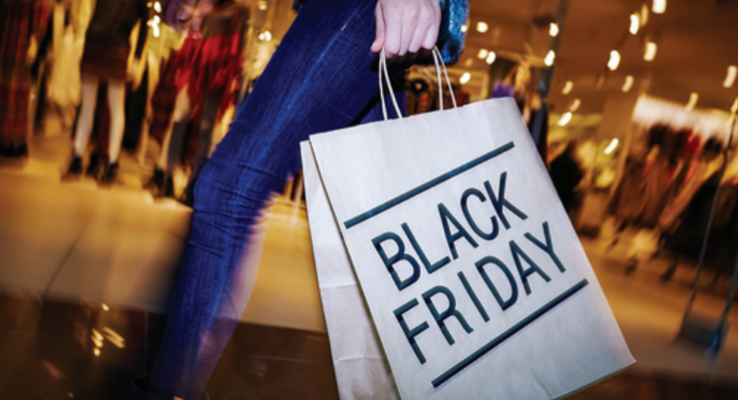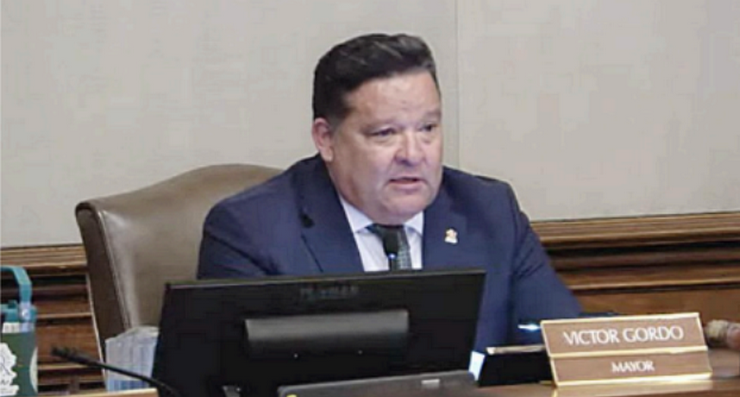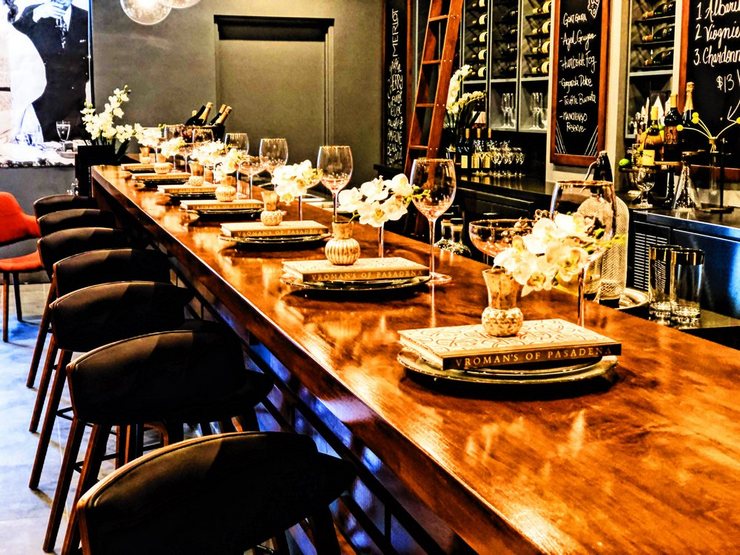
As the COVID-19 pandemic enters its third year, people are feeling a sense of déjà vu from the 2020 holiday season. Cases are rising and restrictions are back. The big difference, of course, is that vaccines and boosters are widely available to just about anyone who wants them, the exceptions being children under five. And some people aren’t yet able to get their booster because it hasn’t been six months since their second Pfizer or Moderna shot or two months since their first J&J shot.
But the Omicron and Delta variants of the virus have disrupted yet another holiday season. Families face tough decisions about get-togethers and businesses continue to have to impose restrictions.
Local businesses are thus calling on the community to support them during this difficult time as they attempt to reopen and begin on their journey back to pre-pandemic profitability or even sustainability.
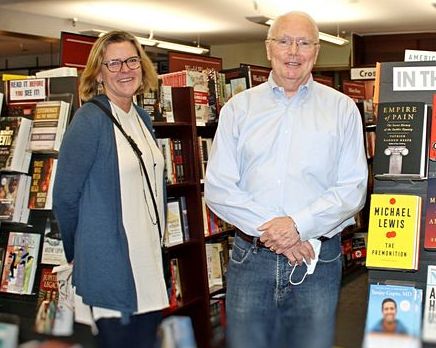
In August, Vroman’s Bookstore’s 1894 wine bar reopened after being closed since March 2020. The establishment had just made its grand opening six weeks before, on Feb. 1, 2020.
“It was a very glorious six weeks,” said Julia Cowlishaw, CEO of Vroman’s and Book Soup, an iconic West Hollywood bookstore. “It was busy every night and people were really happy. Most of the wine bar customers were raving. It was nice.”
When that auspicious opening was cut short by the pandemic, all 12 of The 1894’s employees eventually left.
“We lost everyone during the pandemic,” said Cowlishaw, who started at Vroman’s in January 2020. “A lot of people were able to use the pandemic to make some life changes and decided to go into different fields. Many of [the former 1894 employees] used that time to either re-educate themselves in a new field or move away. There were a lot of different reasons. We basically started from scratch with a new manager and new employees.”
Labor challenges continue to be an obstacle to businesses such as The 1894 as they begin to open back up. Nearly every restaurant has a “help wanted” sign in the window. The 1894 now has five employees, so they can currently only open five days a week, from Wednesday through Sunday, and with limited hours. The bar is open from 3-9 p.m. on Wednesdays, Thursdays and Fridays, from 12-9 p.m. on Saturdays and from 12-7 p.m. on Sundays. The 1894 is currently hiring wine ambassadors.
“We’d really like to be able to get open seven days a week,” Cowlishaw said.
Supply chain disruptions are another direct impact of the pandemic. Cowlishaw said another challenge they’ve had to navigate has been protocols and restrictions imposed by government, such as limits or outright bans on indoor dining, for example. That said, she added that the city of Pasadena has done what it can to help businesses such as The 1894 get back on their feet.
“One really good thing is that the city has started allowing what they call parklets and we call our patio,” she said. “They were really great about approving our outside space, and they’re not charging any fees for the outside space until next year, which is great. We were finally able to get the patio open in early November, which is great for people who want to eat outside. We’ll make it beautiful starting in January. Getting that up and running, because of the labor and supply chain issues, took longer than we wanted.”
Another big shift for the city has been allowing alcohol to be served outside. Cowlishaw said the city also approved The 1894’s license to sell to-go bottles as well during the pandemic as a way to help them out. The city has rolled out more comprehensive campaigns to encourage Pasadenans to shop local, as well.
“To support the city’s local businesses, Pasadena partnered with the Pasadena Convention & Visitors Bureau in launching two successful back-to-back shop local campaigns,” said Lisa Derderian, public information officer for the city of Pasadena. “The first campaign, Pasadena 626 Day, offered businesses an opportunity for promotion under a citywide marketing campaign as the state terminated Safer at Home Orders. The campaign generated over 5 million media impressions and attracted widespread SoCal media coverage. The second campaign, ‘From Pasadena, with Love,’ is a holiday shop local campaign featuring welcome stations in each of the city’s 13 commercial areas. Businesses across the city have participated by posting messages of gratitude to the community.”
Derderian added that the city has also launched grant programs to small and local businesses, temporarily enacted an ordinance that limits third-party delivery commission fees and kept the business community informed about these recovery programs.
Cowlishaw said the best thing Pasadenans can do to help local businesses is to patronize them.
“It’s important for people to support local brick and mortar businesses as much as possible,” she said. “They’re definitely doing it. They’ve shown wonderful support for Vroman’s and The 1894 since we’ve reopened. People are coming in. It’s a little bit quiet, but that’s partly because the office buildings around [the Playhouse District] aren’t open and active as they were prior to the pandemic. So that has definitely impacted our customer count for the wine bar. People are still cautious, understandably.”
The rise in COVID cases in LA County and the confirmation of Omicron in Pasadena have put a damper on an economy that’s ready to recover. People are done with the pandemic, but unfortunately the pandemic is not done with them. The result has been a patchwork of different circumstances and vaccination statuses. Pasadena, though, has certainly done its part. More than 88.4 percent of Pasadenans are fully vaccinated, and 95.1 percent have received at least one dose. That’s one of the highest rates in the state, let alone the entire country. As of Oct. 7, the Pasadena Health Department requires businesses such as The 1894 to verify proof of COVID vaccination before entry.
Cowlishaw said that while she hopes to see a speedy economic recovery, the reality is that it will likely take longer than anyone would like.
“I wish I had that crystal ball, but it’s just hard to say because of the supply chain and the labor challenges, compounded by inflation,” she said. “I think it’s going to take a little while.”











